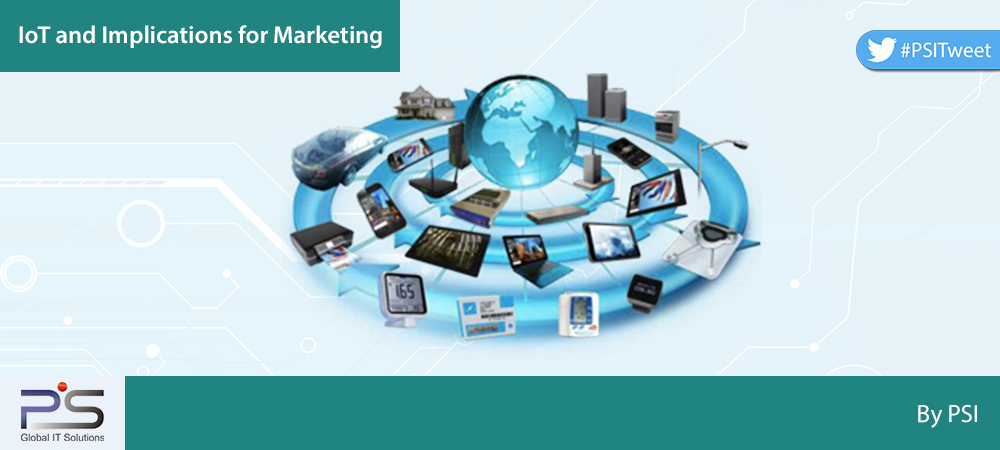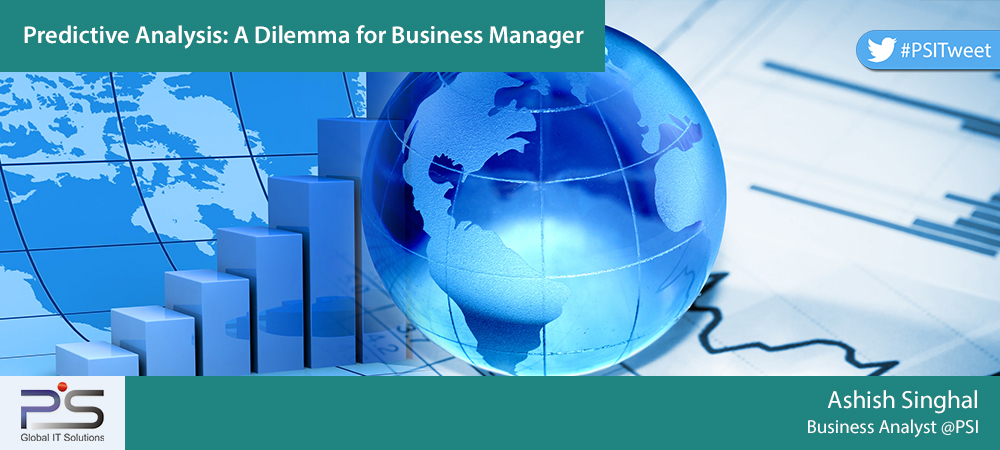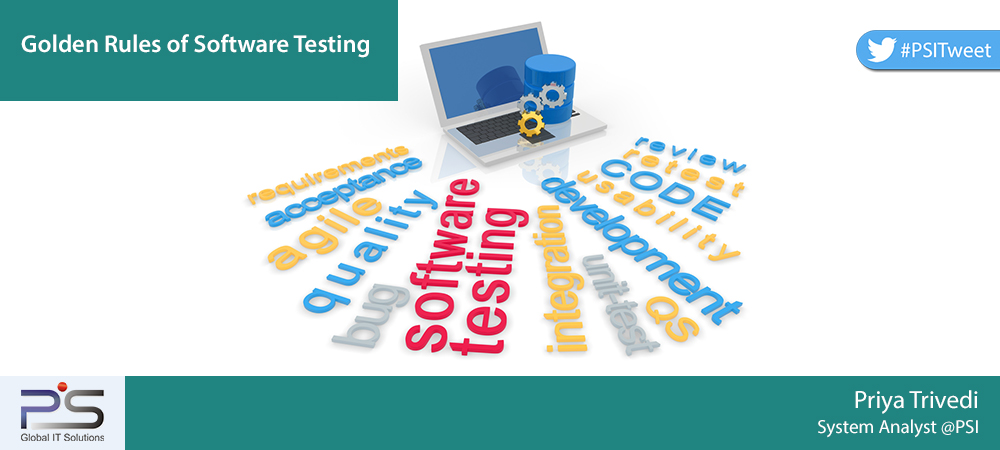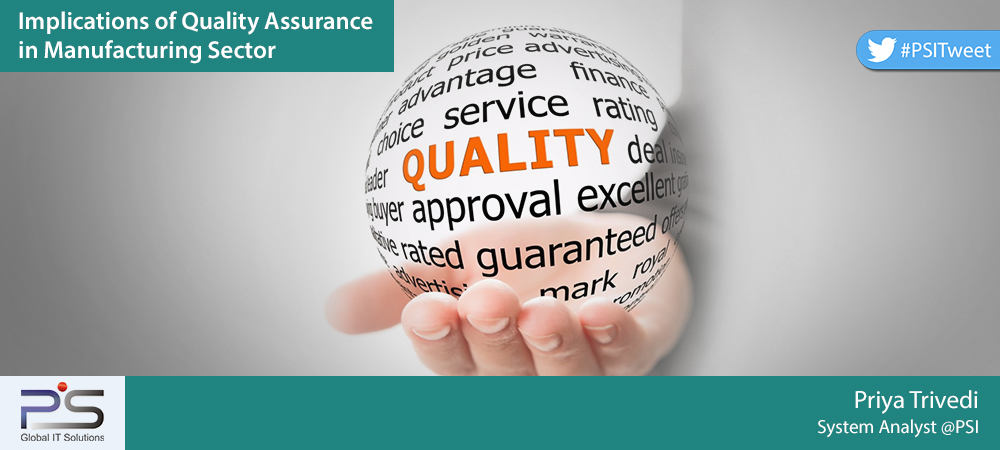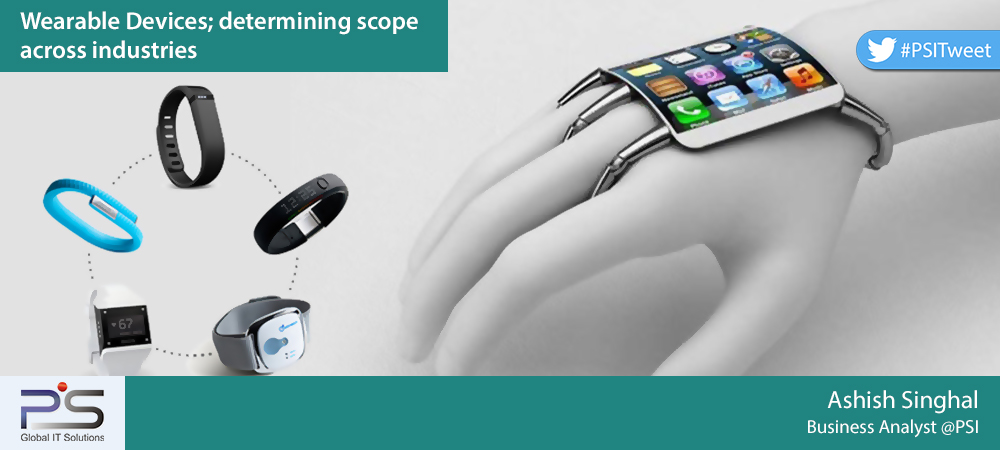Today we can witness an upsurge of devices and information in the technology sphere. Internet of Things (IoT) implies innovative ways of internet connecting everyday objects and their inter-operative behaviour in our daily lives.
IoT is bound to influence government policies and regulations, privacy and technology provisions. Nevertheless, it will be interesting to understand its implications for the marketing domain.
Month: February 2016
Predictive Analysis: A Dilemma for Business Manager
We humans don’t have the abilities to capture and analyze data from the future. But predictive analysis helps us to foretell future using the data from the past. Questions like what amount of sales will a particular product generate in coming years, will this customer continue to buy specific volumes in future; all these need to be answered. Predicting the next year’s sales figures, the effects of particular product campaigns on the customer mindset, all are forms of predictive analysis.
Golden Rules for Software Testing
Testing implies the purpose of understanding whether the system fulfils the requirements or not. It helps identify the gaps, errors, or any missing requirements against the defined requirements.
Based on my testing experience, I feel that testing is a basic human nature of examining things before accepting or agreeing upon. In case of software testing, it starts with analysing requirements much before actual software development.
Implications of Quality Assurance in Manufacturing Sector
The ‘Make in India’ campaign has definitely hit the right chords for India’s manufacturing sector. It is estimated that India’s manufacturing sector will touch US$ 1 trillion by 2025. This forecasts a potential growth rate of 25-30 percent of the country’s GDP and generate phenomenal job opportunities.
Wearable Devices; determining scope across industries
Wearable devices comprises a gamut of new technologies that for sure determines the future for us; smart watches, fitness trackers, heartbeat trackers, smart glasses, GPS tracking devices and much more. A study by Forbes, states that by the end of 2016, the entire wearable technology market will cross almost $2 billion in revenues.

